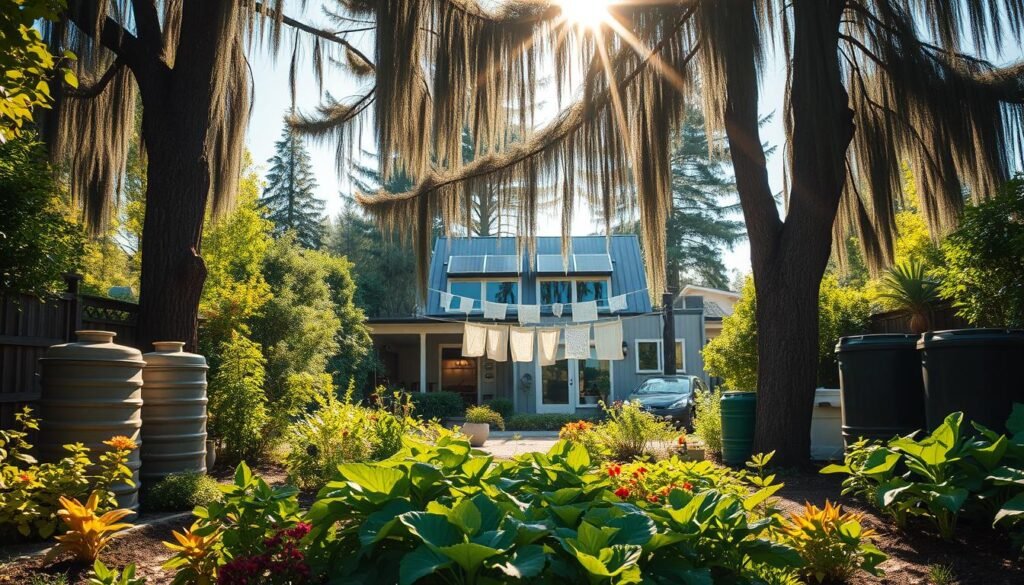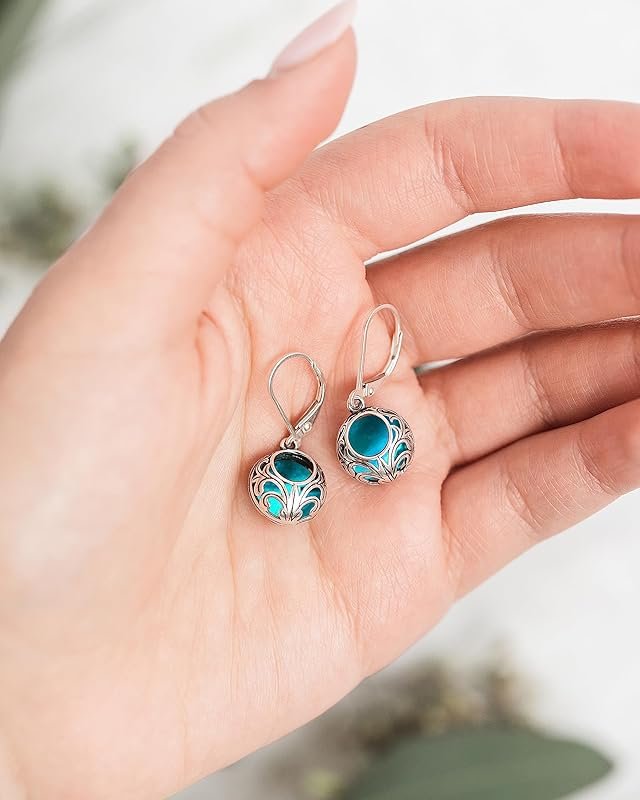Physical Address
304 North Cardinal St.
Dorchester Center, MA 02124
The United States generates over 292 million tons of municipal solid waste annually, with a significant portion being household waste. Adopting a sustainable living approach can significantly reduce this number and contribute to a healthier environment.
Embracing an eco-friendly living lifestyle is simpler than you think. By making a few conscious changes to your daily habits, you can minimize your environmental footprint and live a more minimal waste lifestyle.

As you start your journey towards a more sustainable you, you’ll discover that living a zero waste lifestyle is not only beneficial for the planet, but it’s also a refreshing way to simplify your life.

Living a zero waste lifestyle means adopting practices that significantly reduce waste. It’s about making conscious choices in your daily life to minimize your environmental footprint.
The philosophy behind zero waste is centered around the idea of reducing consumption and waste to protect the environment. As Bea Johnson, a pioneer of the zero waste movement, once said, “The zero waste lifestyle is not just about saving the planet; it’s about creating a better life for ourselves.”
Reducing waste has numerous environmental benefits, including conserving natural resources, reducing landfill waste, and decreasing greenhouse gas emissions. By adopting zero waste practices, individuals can significantly contribute to environmental conservation.
One common myth is that adopting a zero waste lifestyle is too expensive. However, reducing waste often involves simple changes like using reusable bags and containers, which can be cost-effective. As
“The greatest threat to our planet is the belief that someone else will save it.”
This mindset encourages individuals to take action towards sustainable living.
Embarking on a zero waste lifestyle is a journey that requires commitment, patience, and practice. Start by incorporating eco-friendly products into your daily routine, such as reusable bags and water bottles. Adopt green living tips like reducing energy consumption and using eco-friendly cleaning products.
To live a plastic-free life, identify areas where you can reduce plastic use at home, such as switching to sustainable fashion brands and using eco-friendly menstrual products. Consider composting for beginners to reduce food waste and create a sustainable home.
Embracing a vegan and sustainable diet can significantly reduce your carbon footprint. You can also explore renewable energy sources like solar power for homes. By adopting these low impact daily habits, you’ll be well on your way to living a zero waste life.
Begin your journey today by making small changes and gradually working your way up to more significant lifestyle adjustments. With the right mindset and resources, you can make a meaningful impact on reducing waste and living more sustainably.




